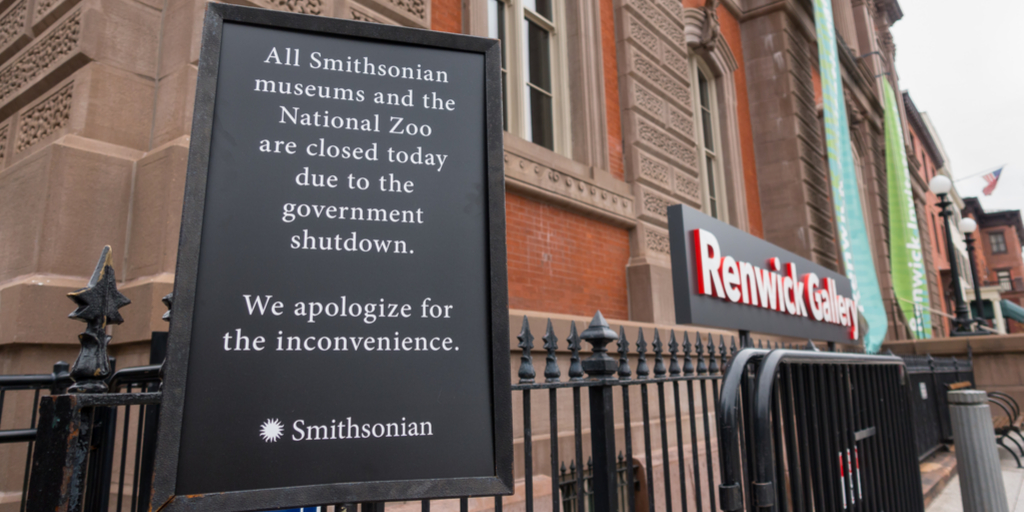De-Escalating the Budget Wars
Since we are in the midst of a long government shutdown, it is appropriate to talk about some reform ideas for improving the institutions that govern and cause such shutdowns. Government shutdowns are a disaster from a small government perspective and I have long been in favor of reforms to change that.
Government shutdowns are bad in several ways. One problem, of course, is that they create significant inconvenience to large numbers of people—not just the government employees, but the people who rely on government services. But this problem is not the worst of it. Instead, the biggest problem is that when there is a budget fight, the party of smaller government is normally the loser.
In the past, most budget fights have involved a disagreement over how much money to spend. The Republicans usually lose these fights not merely because the press is against them, but because it is easier to portray the party of smaller government as more responsible for the lack of government services.
In the current budget fight, the disagreement is not about the level of government spending, but about building the wall and immigration policy more generally. But still there is much one could do to use budget fights to lower government spending.
The basic culprit is that the Antideficiency Act, which basically requires that the failure to pass appropriation laws mandates the closing of government agencies (except for essential services). But this is not the only way to address the failure to enact spending authority.
One should have an arrangement where the failure to pass an appropriation law does not require closing the government. Instead, the government could operate at a percentage of the previous year’s spending levels. I would favor something like 95 percent, but other levels are permissible.
This arrangement would support smaller government. If no appropriation law passed, the government would continue to operate, but at lower government spending levels. And small government advocates would have an advantage—they could continue to hold out for reforms, knowing that the existing spending levels were more in line with their goals.
This would be especially useful when the budget fight is about the level of government spending. But it would even be helpful in the current budget fight, which is not about spending levels, since it would reduce the level of government spending, without creating significant harm to the public. In fact, the lack of harm from the reduced spending might convince people that lower spending is feasible.
John McGinnis and I have been promoting this idea for a long time. In 1999, we published a piece that recommended that budget fights should be addressed with 90 percent of the previous year’s spending rule. In 2014, we argued for a 95 percent rule in the Wall Street Journal.
I am happy to see now that Rand Paul is advocating a similar idea. Paul’s proposed bill “would keep government open but institute a one-percent cut to then-current funding levels for any agency, program, and activity that Congress failed to fund” on time. “Funding would be reduced by another one percent every 90 days thereafter that an agreement is still not enacted.”
Passing such a reform would have significant consequences and would greatly promote the cause of smaller government.

